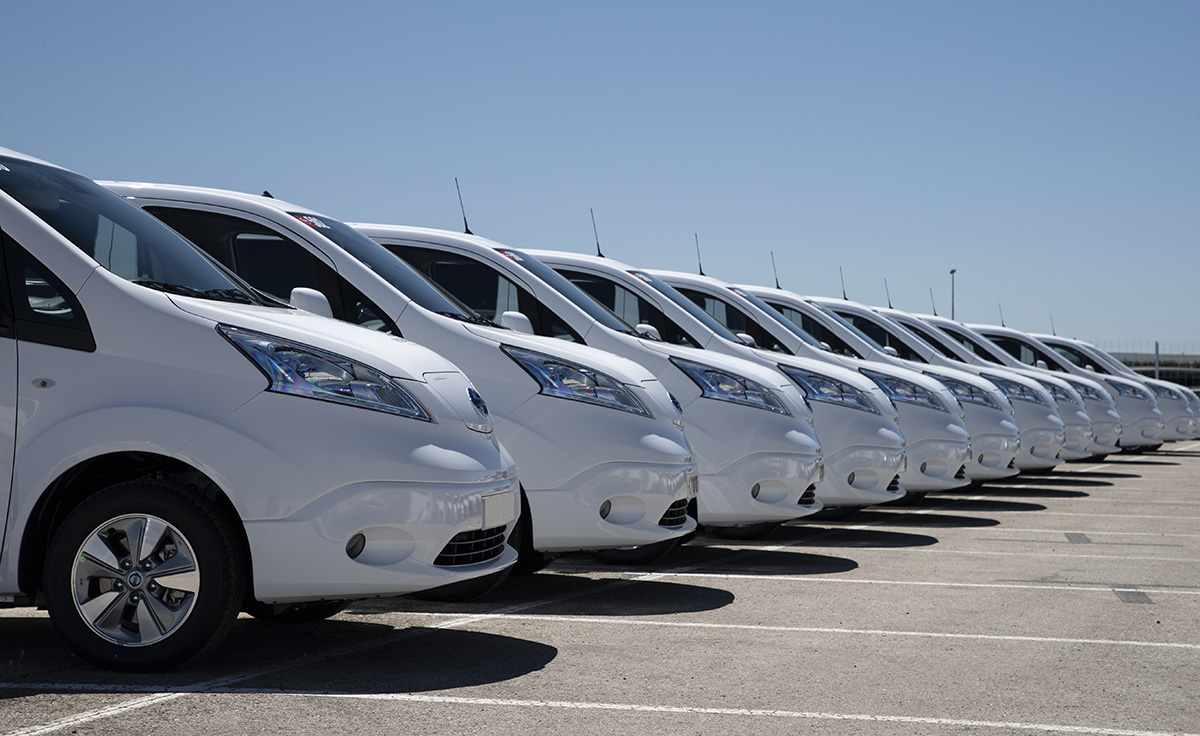
SCOTTISH Water has announced that a new fleet of electric vans will go into service to help meet emissions targets.
Diesel-powered vans coming to the end of their work cycle are being replaced by electric models. They form part of Scottish Water’s fleet of small vans and herald a shift to more environmentally-friendly options.
Scottish Water revealed the move comes as a new report for the public water and waste water organisation said up to 60% of its operational fleet could turn electric.
Pre-pandemic, Scottish Water’s fleet of vehicles clocked up 19 million miles annually. The organisation has pledged to become net zero by 2040.
The 20 new Nissan e-NV 200s will be be adapted for use in helping deliver services across the country, including by water quality samplers, technical teams and network operatives. They will be on the road by April.
A Scottish Water project team led by EV vehicle specialists is also now in place to take forward fleet transformation opportunities. Other areas being explored include using alternative fuels for heavy vehicles including compressed natural gas (CNG) and ‘drop-in’ fuels such as Hydrotreated Vegetable Oil (HVO).
Elaine Pringle, Scottish Water’s fleet manager, said, “We are now starting our journey to putting zero emissions vehicles on the road – and planning for more. We operate a varied fleet with specific usage profiles, payload and towing requirements and equipment. We will now carry out our own real-world testing – including having access to vital charging infrastructure at workplaces and at home – to ensure the electric vehicle technology will meet operational requirements with no impact on customer service.”
Robert Anderson, senior fleet specialist at Cenex, commented, “With such a large and varied operation, Scottish Water was one of the most complex vehicle fleets for us to assess and plan for a zero-emission fleet transition. In-depth analysis has shown that even with such a varied fleet operation, there is still great potential to transition the van fleet to electric, with limited impact on business operations.”








